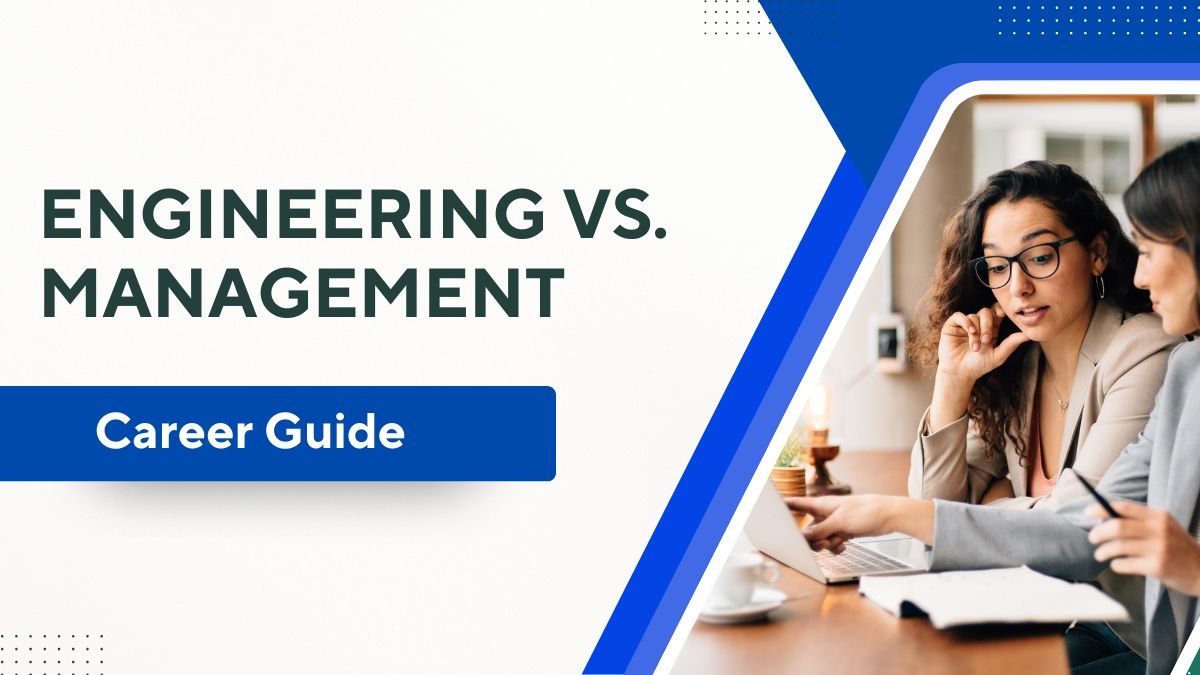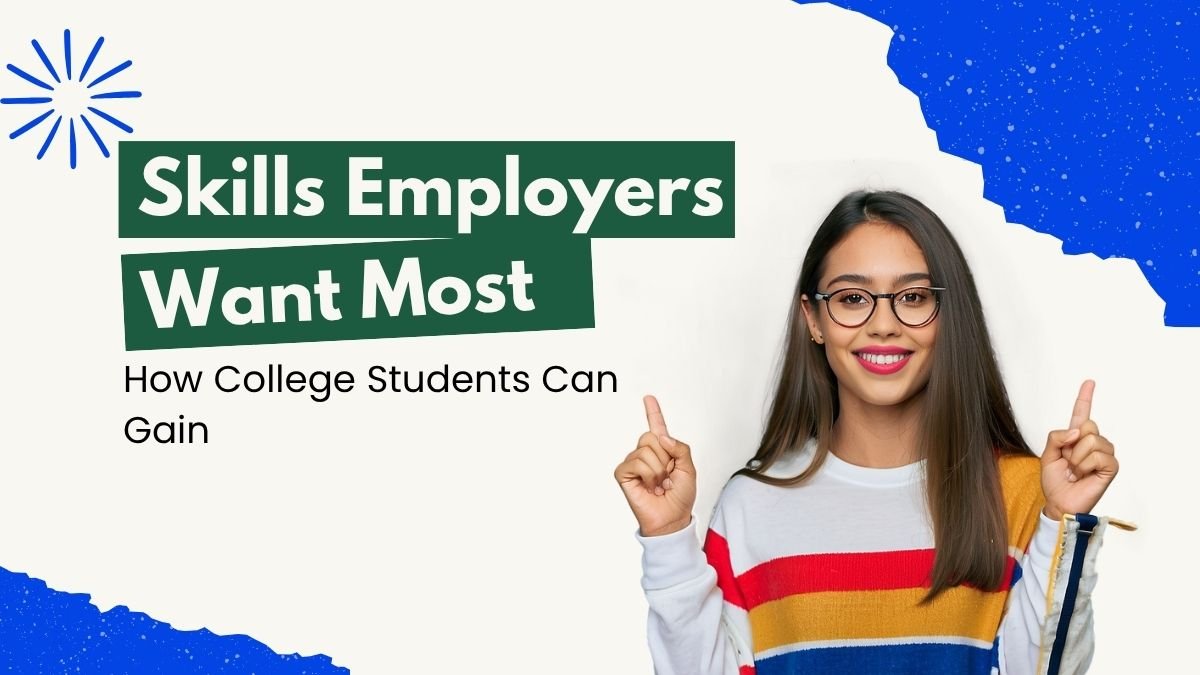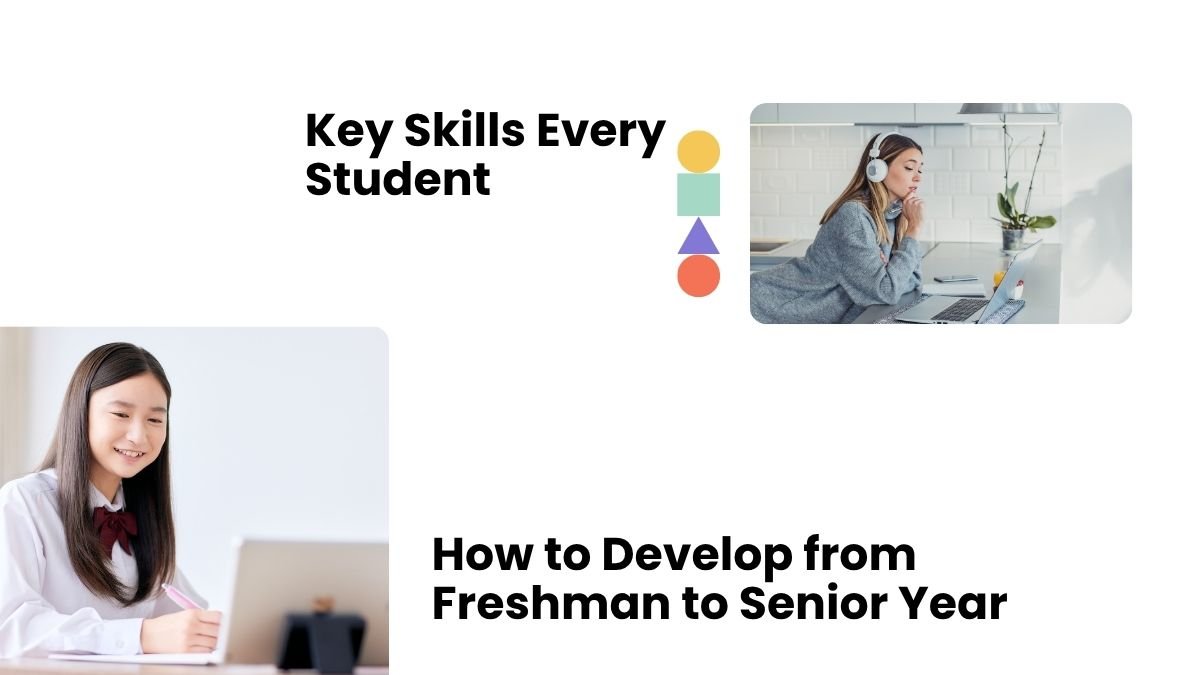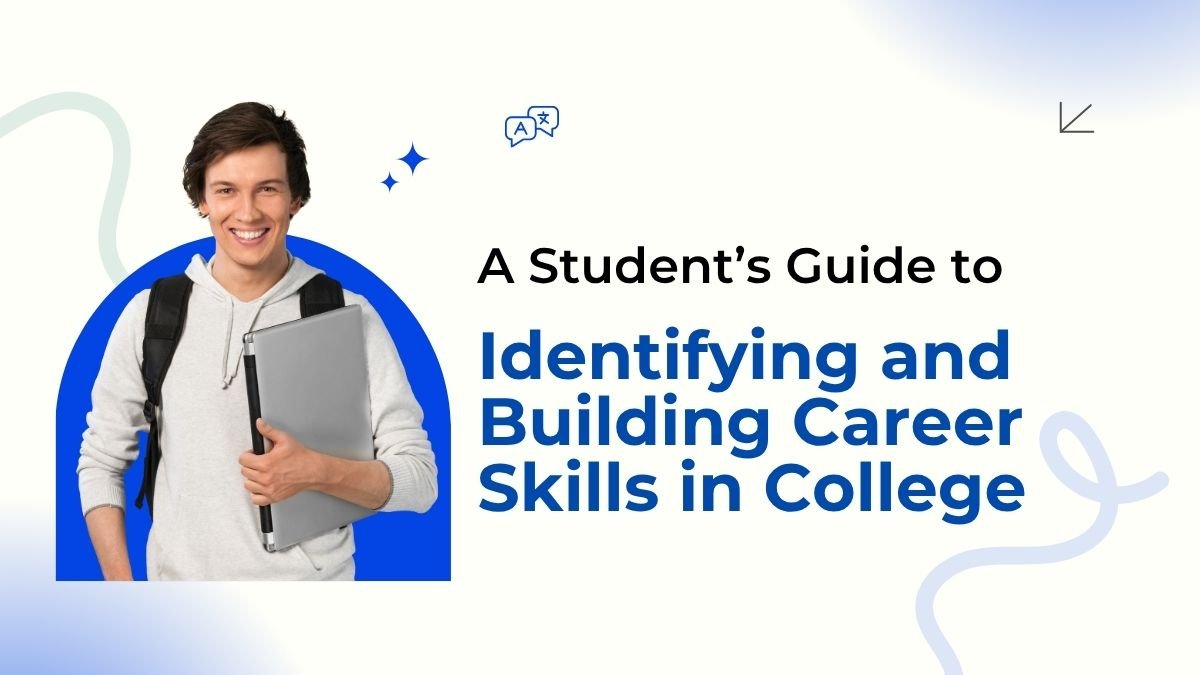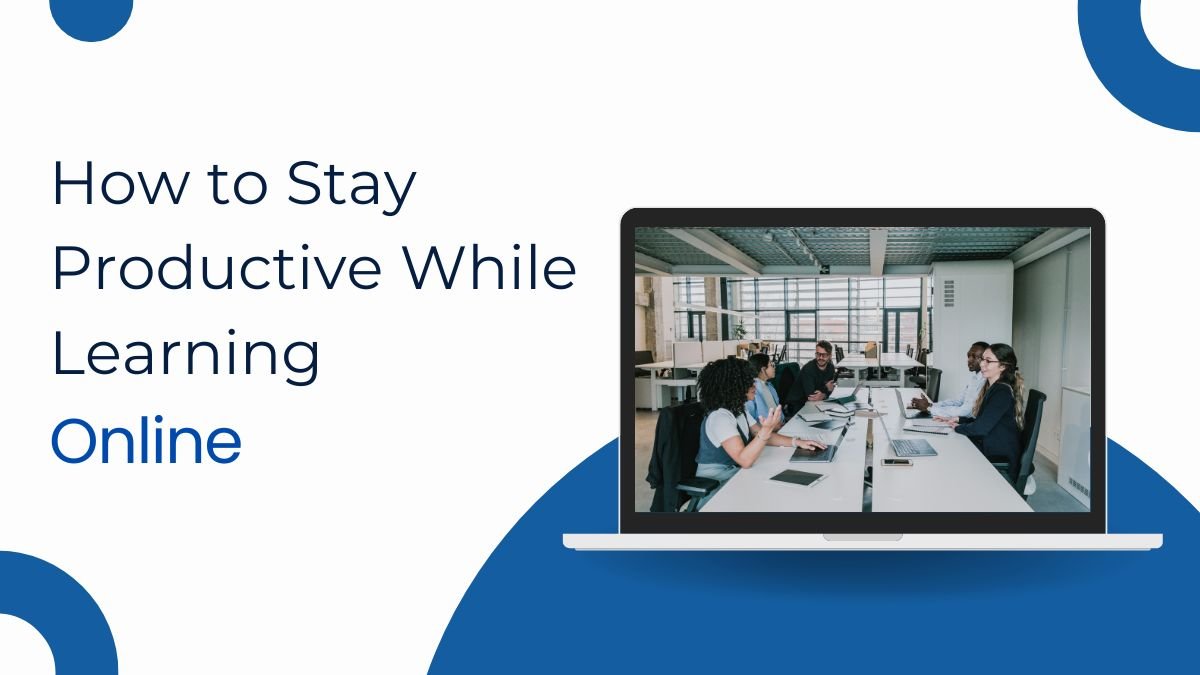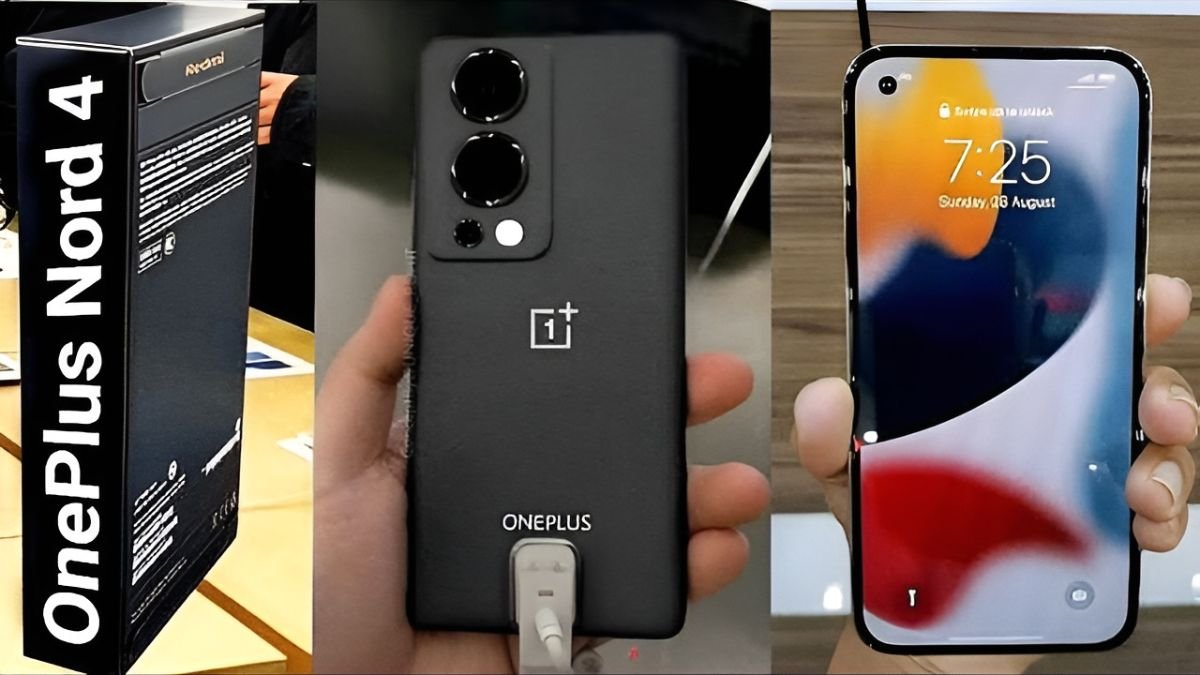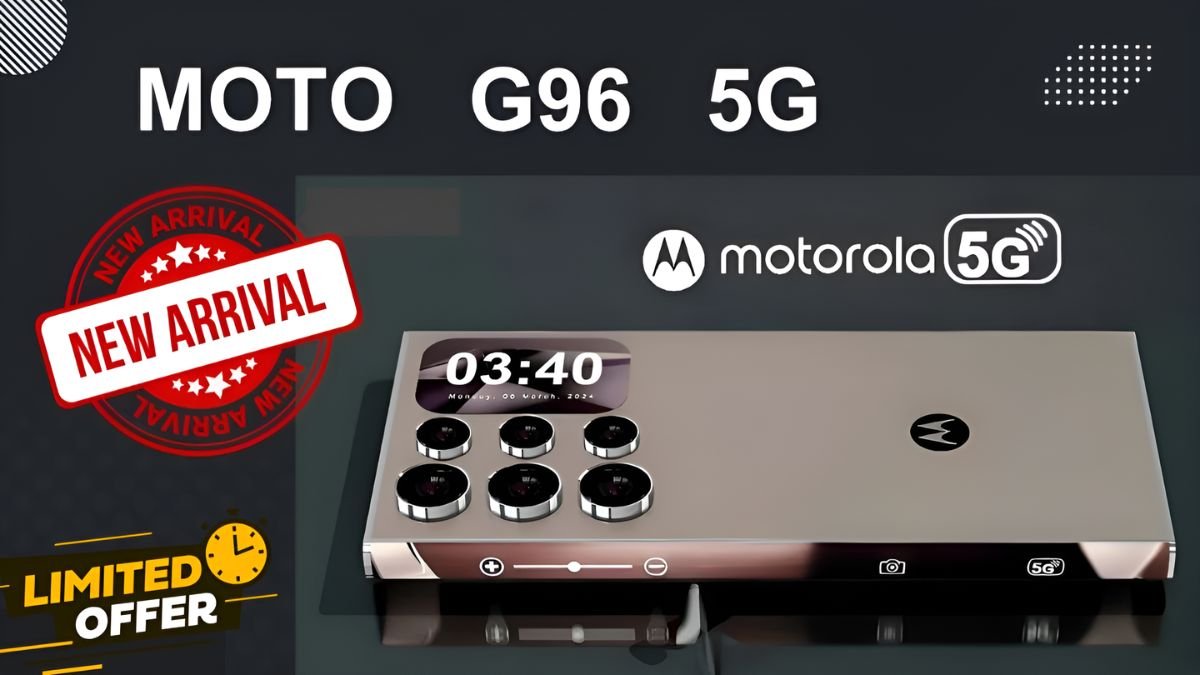How to start your career: Go for a degree or a short-term course?
Starting your career on the right foot is very important in today’s fast-paced world. As soon as a student finishes college or school, he is faced with a big question — should I pursue a long-term degree or a short-term skill-based course?
This question seems small but it affects your entire professional life. Let’s understand this through a true story.
The story of “Raj and Seema”
Raj and Seema both took different paths after passing 12th. Raj took admission in B.Tech and studied engineering for four years. Seema did a 6-month course in digital marketing and soon got a job in a company after an internship.
Four years later, while Raj was looking for his first job, Seema had already got two promotions.
Does this mean short-term courses are better? No. Each path has its own advantages and limitations. Let’s understand both in detail.
Short-term courses: Learn fast, earn fast
What are these courses?
Short-term courses usually last from a few weeks to a few months. Their purpose is to teach a particular skill quickly.
- Web Designing, Digital Marketing, Graphic Designing
- Medical Lab Assistant, Health Technician
- Electrician, Mobile Repairing, Drone Operation
Who benefits?
- People who want to start earning quickly
- Those who don’t have the time or budget to study full-time
- Those who want to give a new direction to their current career
Benefits:
- Low fees and less time to complete
- Online options easily available
- Gets you ready for a job quickly
- Flexibility – even working professionals can do it
Limitations:
- Limited knowledge to a single field
- Long-term career growth may require a degree later
Degree programs: Depth, respect and permanence
Why is a degree important?
A degree provides a comprehensive education – not just a skill, but thinking power, depth of subject matter and part of a long-term career plan.
- B.A., B.Sc., B.Com., B.Tech, BBA, MBA
- Engineering, Medical, Accounting, Research, Education
Who benefits?
- Those who want to go deeper into a profession
- Those who dream of a government job, research or a high-level corporate position
- Those who can invest both time and resources
Advantages:
- In-depth knowledge and expertise
- Networking, campus placements
- Long-term career growth prospects
- Respect and trust in society
Limitations:
- Expenses high (₹50,000 to ₹10 lakh)
- Takes more time (3–5 years)
- Jobs are not available immediately, competition is high
What to think before deciding?
1. What is your career goal?
Do you want to work quickly or become an expert in a field?
If you want to earn money quickly, then a short course may be a better option.
If you want to become a manager, engineer or scientist in the future, then a degree is a must.
2. What is your personal situation?
If you are from a small town, or are financially limited, then skill-based short courses can make you self-reliant quickly. On the other hand, if you have time and resources, then a degree can benefit you throughout your life.
3. What does your industry say?
In fields like technology, analytics, and design, skill is the biggest weapon.
On the other hand, in fields like medical, law, government services, a degree is necessary.
Can degree and course go together?
Absolutely! Nowadays, students do Tally or GST courses while doing B.Com. Engineering students also do Python, Data Science courses online.
This combination makes your resume stronger and increases the chances of getting a job.
Conclusion: The right choice will be decided by your identity
Degree and short-term course – both are good options. One is small, one is not big. The only difference is which option is right for you.
- If you want a stable, long-term career – choose a degree.
- If you want to learn a skill in a short time and start a job – choose a short-term course.
- And if you can balance both, your success can be faster.
Remember: The path to every success is through learning. Be it a course or a degree, if you learn with hard work and dedication, you can definitely reach your dreams.

Bryan is a thoughtful writer who enjoys creating simple and useful content to help readers make informed decisions. His writing is focused on clarity, support, and real-life guidance.

